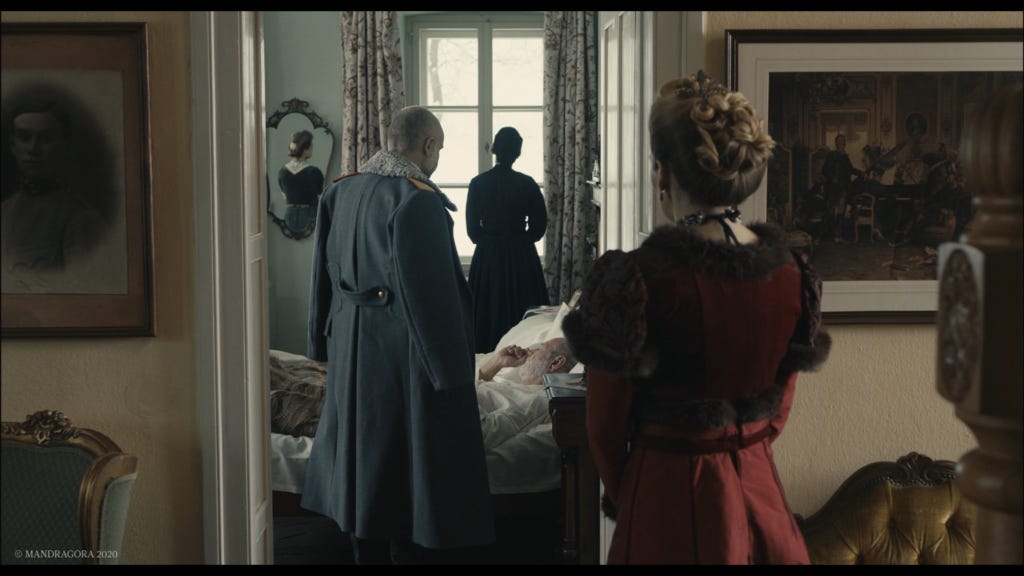
Writing
For Fare Forward, I reviewed Claire Denis’ Beau Travail for its new re-release in the Criterion Collection. I haven’t done a straightforward, 800-word piece in ages! This was quite fun to write, and while I don’t break any new conceptual ground with it I hope you’ll go give it a read.



